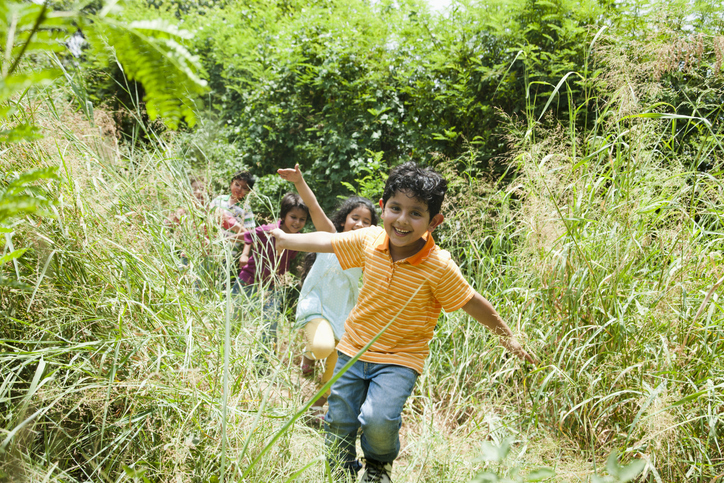India has recorded a significant milestone in its national immunization efforts, with the percentage of zero-dose children—those who have not received a single vaccine—falling from 0.11% in 2023 to 0.06% in 2024. The achievement has been acknowledged in the 2024 report by the United Nations Inter-agency Group for Child Mortality Estimation (UN IGME), positioning India as a global leader in child health and immunization.
The Ministry of Health and Family Welfare, in a statement issued on Saturday, attributed the progress to India’s robust Universal Immunization Programme (UIP), which provides free vaccines to 2.9 crore pregnant women and 2.6 crore infants annually. More than 1.3 crore immunization sessions are conducted across the country by healthcare workers, including ASHAs and ANMs, ensuring widespread vaccine outreach.
This progress has drawn global recognition, with India being awarded the prestigious Measles and Rubella Champion Award by The Measles and Rubella Partnership in March 2024 at a ceremony held in Washington, D.C. The award recognizes India’s sustained commitment to eliminating vaccine-preventable diseases.
In addition to reductions in zero-dose prevalence, India has also seen significant improvements in broader health outcomes. According to the United Nations Maternal Mortality Estimation Inter-Agency Group (UN-MMEIG), India’s Maternal Mortality Ratio (MMR) declined to 80 per lakh live births in 2023—an 86% reduction since 1990, far outpacing the global decline of 48%. The country has also achieved a 78% decline in Under-Five Mortality Rate and a 70% decline in Neonatal Mortality Rate during the 1990–2023 period, compared to global reductions of 61% and 54%, respectively.
India’s UIP has undergone considerable expansion in the past decade. From just six vaccines in 2013, the program now covers 12 vaccine-preventable diseases, including the addition of Inactivated Poliovirus Vaccine (IPV), Rotavirus Vaccine, Pneumococcal Conjugate Vaccine, and Measles-Rubella Vaccine, among others.
The government’s intensified initiatives, such as *Mission Indradhanush*, have played a key role in reaching underserved populations. Since its launch in 2014—and with significant intensification in 2017—the campaign has vaccinated over 5.46 crore children and 1.32 crore pregnant women who were previously unreached or under-immunized.
A targeted *Zero Dose Implementation Plan 2024* is currently underway in 143 districts across 11 states, addressing vaccine coverage gaps among migratory populations, urban slums, and regions with persistent vaccine hesitancy. India has also maintained its polio-free status since 2014 through sustained Pulse Polio campaigns, and regularly organizes Village Health and Nutrition Days (VHNDs) for community-based immunization efforts.
Digital innovations like the *U-WIN platform* are being leveraged to track immunization data and prevent dropouts. Public engagement strategies—ranging from social media outreach to street plays—are being used to increase awareness and reduce vaccine hesitancy.
Data from the WHO-UNICEF Estimates of National Immunization Coverage (WUENIC) 2023 report shows India outperforming global averages across all antigens. The country’s DTP-1 (Pentavalent-1) coverage stands at 93%, significantly higher than Nigeria’s 70%. The dropout rate between DTP-1 and DTP-3 has also decreased sharply from 7% in 2013 to just 2% in 2023. Measles vaccine coverage improved from 83% to 93% over the same period.
The government emphasized that comparisons with other countries must consider India’s massive population base. While countries like Yemen (1.68%), Sudan (1.45%), and Nigeria (0.98%) continue to report high proportions of zero-dose children, India’s 0.06% rate, despite a far larger birth cohort, reflects substantial progress.










